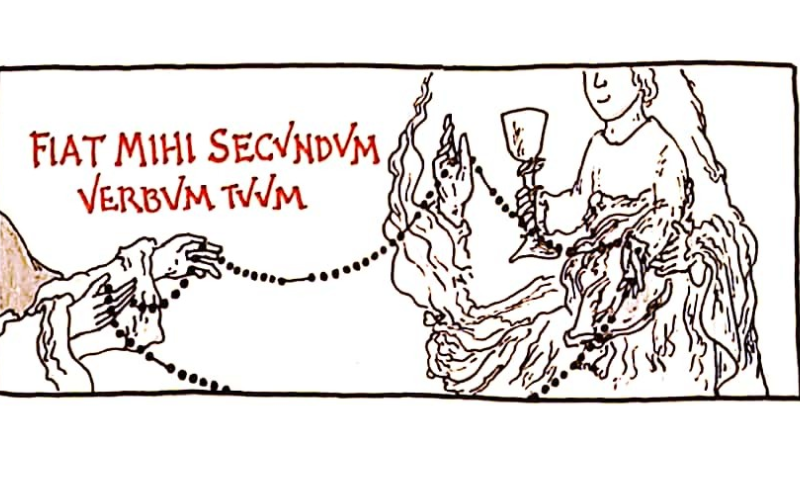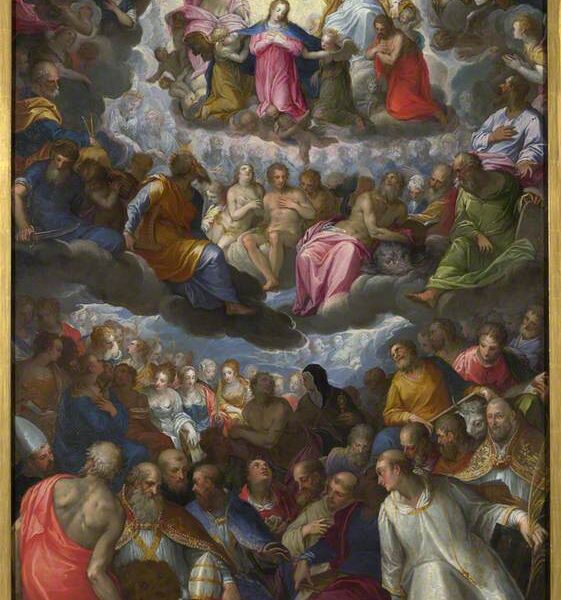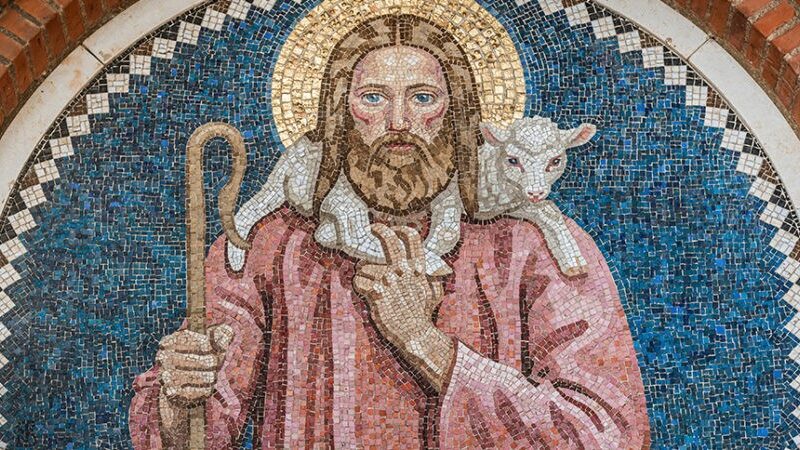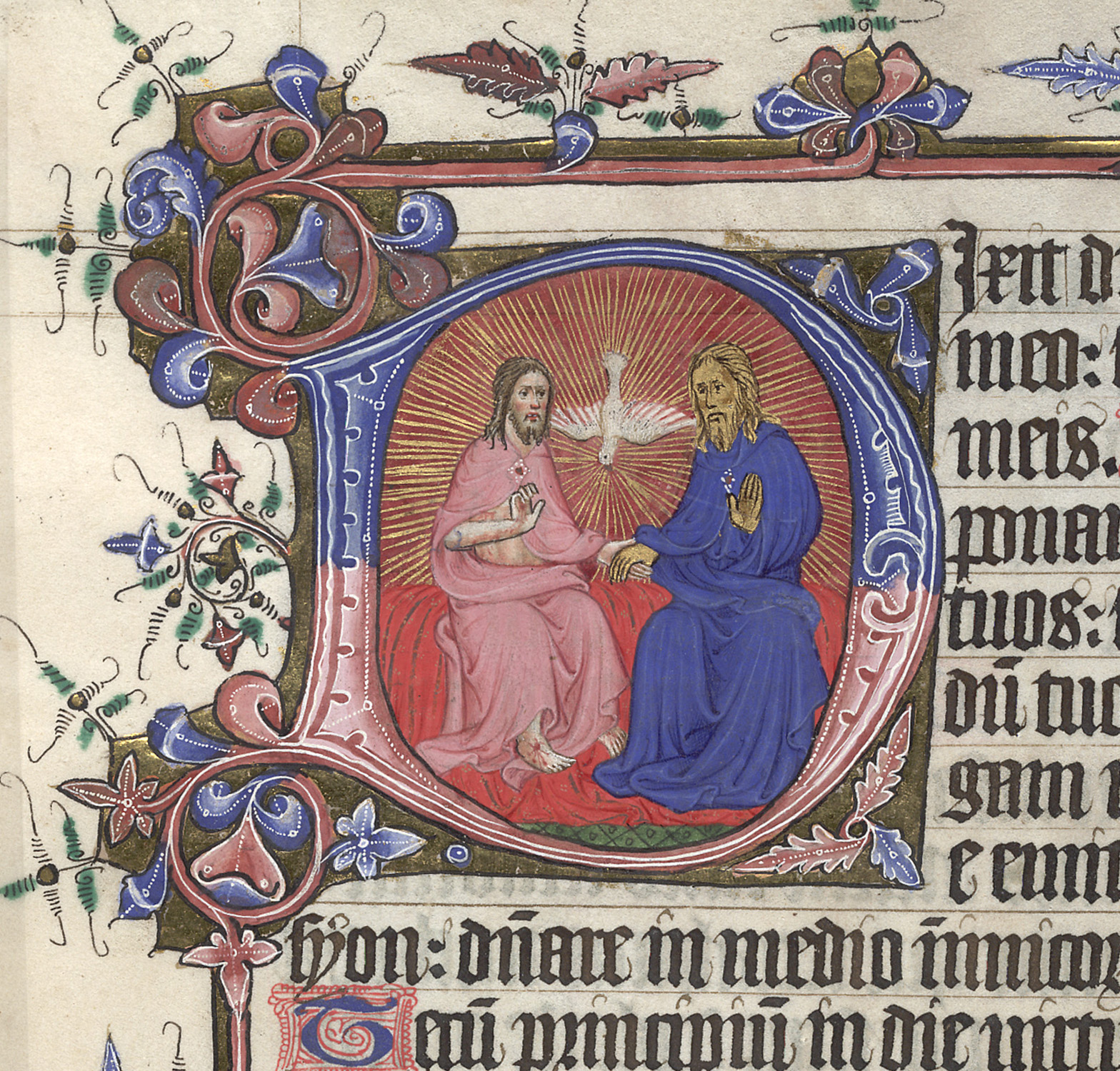
Abba, Father
‘When we pray to the Father, we are in communion with him and with his Son, Jesus Christ.’ (CCC 2781)
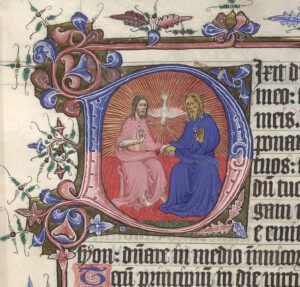
Reading: Matthew 6:7-15
The following homily was preached to the student brothers during Compline. You can listen here or read below:
We have just heard one of the most recognisable prayers, the Lord’s Prayer. This prayer is recited daily by billions of people all around the world. It reveals to us the most fundamental insights into our faith; It is the prayer God Himself taught us.
The early Church held this prayer in special esteem. The earliest Christians prayed the Lord’s Prayer three times a day: in the morning, at noon, and in the evening. Their entire day was structured around this most important prayer, a rhythm of life that kept them focused on God throughout their day. The Didache, a text from the end of the first century, states that Our Lord commanded us to pray this prayer, emphasising its importance by instructing us to pray it three times a day (Didache Ch.8). We too, to this day, pray this prayer together three times daily: at Lauds, at Mass, and at Vespers. It marks our day and serves as a perfect prayer, guiding us in our communication with God.
The Lord’s Prayer summarises the Gospels, as Tertullian observed (De Orat, 1:Pl1, 1155). Jesus gave us this prayer to ensure that we do not engage in long and empty prayers. He reassures us that the Father already knows what we need before we ask Him. This teaching came at the request of His disciples, who observed Jesus praying and desired to learn how to pray themselves (Luke 11:1).
St. Thomas Aquinas beautifully articulates the significance of the Lord’s Prayer, stating, “The Lord’s Prayer is the most perfect of prayers […] This prayer not only teaches us to ask for things, but also in what order we should desire them” (ST, II-II, 83, 9). Within this prayer, we find seven petitions that guide our requests and intercessions, encompassing all the key components of prayer. Jesus encourages us, “Ask and it will be given to you” (Luke 11:9), reminding us of the power and importance of prayer in our lives.
At the heart of the Lord’s Prayer is an invitation into an intimate relationship with God the Father. It is significant to note that Jesus likely spoke Aramaic when teaching his disciples this prayer, meaning he would have addressed the Father using the affectionate term “Abba.” This is the name a child would call their loving father, whether in times of joy or moments of need. We see this intimate relationship exemplified when Jesus uses “Abba” in the Garden of Gethsemane (Mark 14:36). We are invited into this personal relationship in the Trinity. A relationship where God knows us better than we know ourselves, and where we can be confident of His love. We call upon God with confidence as His sons and heirs, and not as slaves, as St Paul states in His letters to the Romans and Galatians (Romans 8:15-17, Galatians 4:5-7).
At every Mass, before we say the Lord’s Prayer, the priest says “At the Saviour’s command and formed by divine teaching, we dare to say” (c.f. CCC 2777). Why is the word ‘dare’ used? In uttering the words of the Our Father, we share in an intimate relationship with our Creator, one that was seen as blasphemous by some. St. John’s Gospel tells us that people “sought all the more to kill [Jesus], because he not only broke the Sabbath but also called God his Father, making himself equal with God” (John 5:18).
Our relationship with God is the most important relationship we can have, yet we often neglect it. To grow in any relationship, we must spend time together, and this is equally true for our relationship with God. We need to talk with Him, share our thoughts, spend time in quiet prayer, and listen to Him speak to us through the Scriptures. The Lord’s Prayer serves as a foundation for this dialogue, guiding us in our conversations with our loving Father.
Let us, therefore, be confident in turning to our loving Father whenever we can. Let us pray the prayer that His Son taught us to say, embracing the profound relationship it invites us into. May we carry the spirit of the Lord’s Prayer in our hearts, allowing it to shape our lives and deepen our connection with God.
Image: Detail of the Trinity at the beginning of Psalm 109, from a medieval manuscript (Royal 2 B VIII f. 101v)
